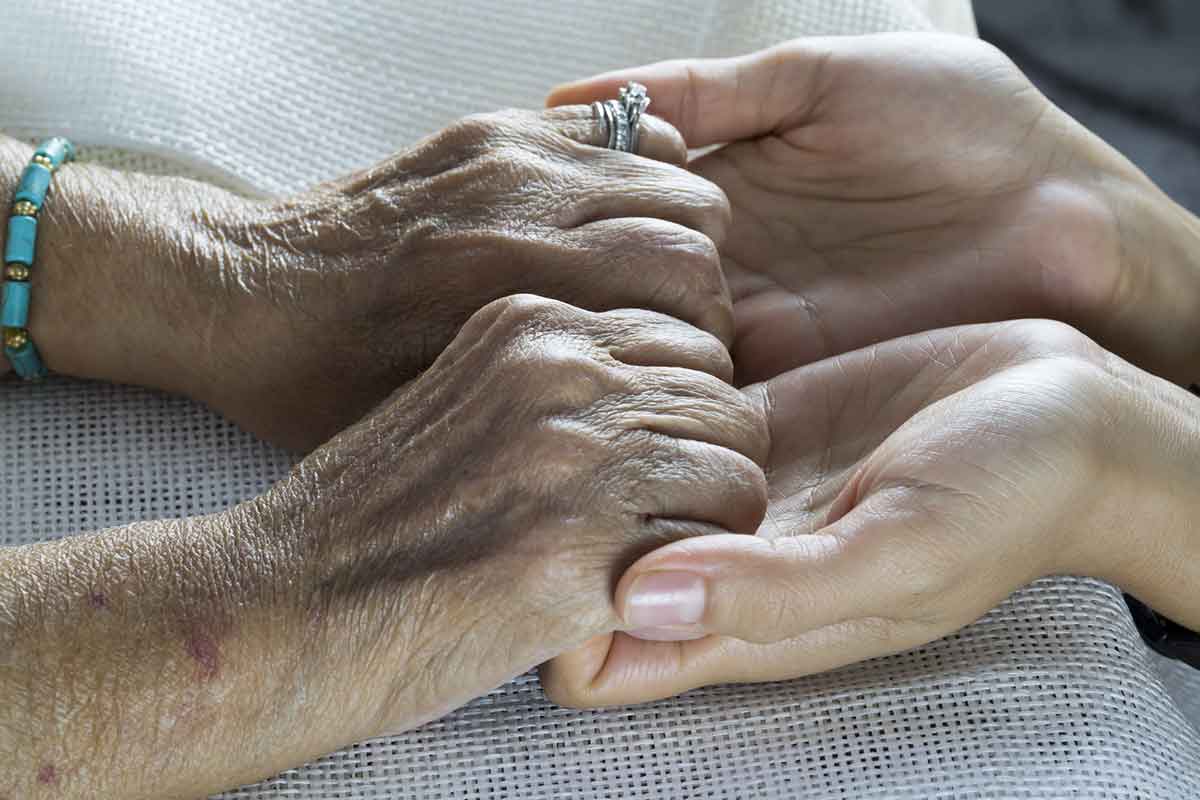
Not retiring: Call for review of Carer’s Allowance overpayments
The news at the weekend was of the many unpaid carers who are being pursued for years by...read more
People are failing to prepare for caring responsibilities, although half will have to take them on by the age of 50.

The average person has a 50:50 chance of caring by 50, with women reaching this point by age 46 and men at age 57, according to new research.
Charity Carers UK has published analysis by the Universities of Sheffield and Birmingham of data from 2001 to 2018 which shows that two thirds (65%) of adults have cared unpaid for a loved one. It says this is similar to estimates showing 64% of the population own their own home. Yet it says few people prepare for caring in the same way they prepare for home ownership.
Figures released for Carers Rights Day show that on average, women can expect to take on caring responsibilities over a decade earlier than men. It says half of women will care by the age of 46, compared to half of men who can expect to care at 57.
This means that women are more likely to care during their working life.
Helen Walker, Chief Executive of Carers UK, said: “Many of us don’t expect to become an unpaid carer but the reality is two in three of us will do it in our lifetimes.
“Our research shows women are disproportionately affected, facing difficult decisions about their loved ones’ health, family finances and how best to combine paid work and care more than a decade earlier than men.
“The next government has to make sure this ‘gender care gap’ is addressed by giving carers a right of five to ten days of paid care leave. It must also prioritise sustainable, long term investment in our social care system so that millions of people caring for loved ones can stay in work and look after their own health.”
Separate research by the charity reveals significant consequences for carers coping without support. In a study of those caring more than 50 hours a week, almost half (49%) reported their finances had been negatively impacted, 52% had suffered poorer physical health and the vast majority (77%) were suffering from stress or anxiety.